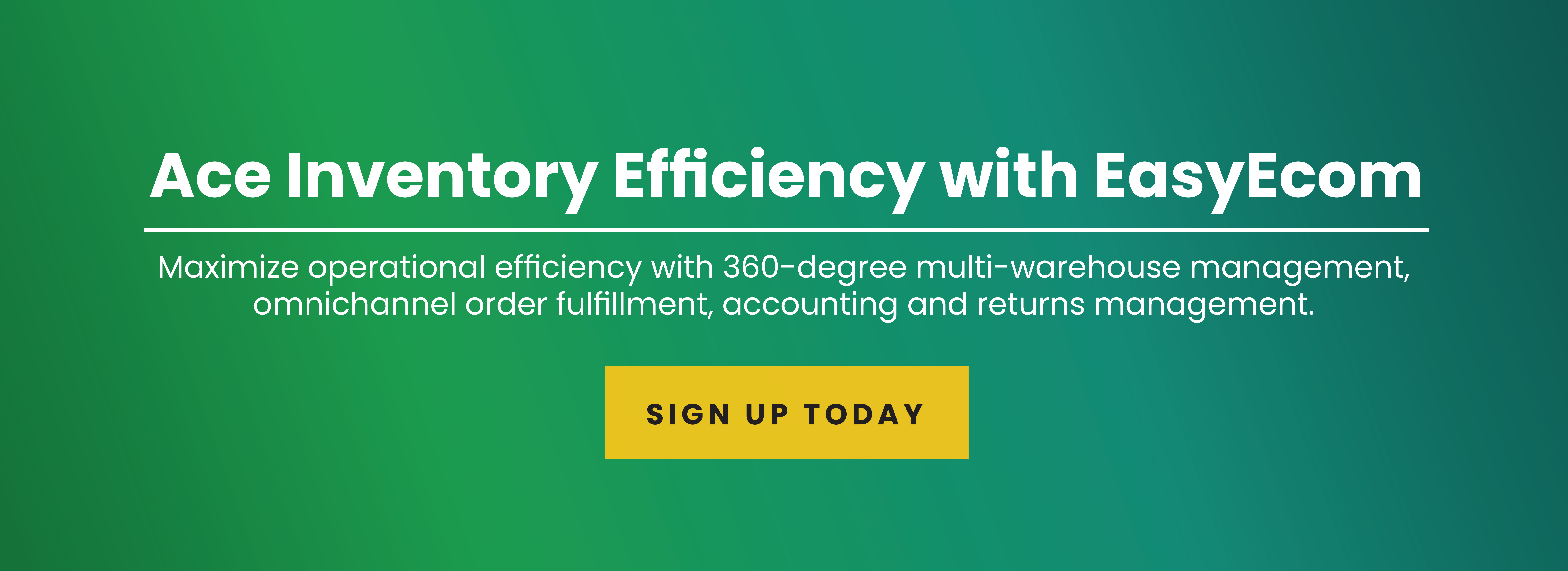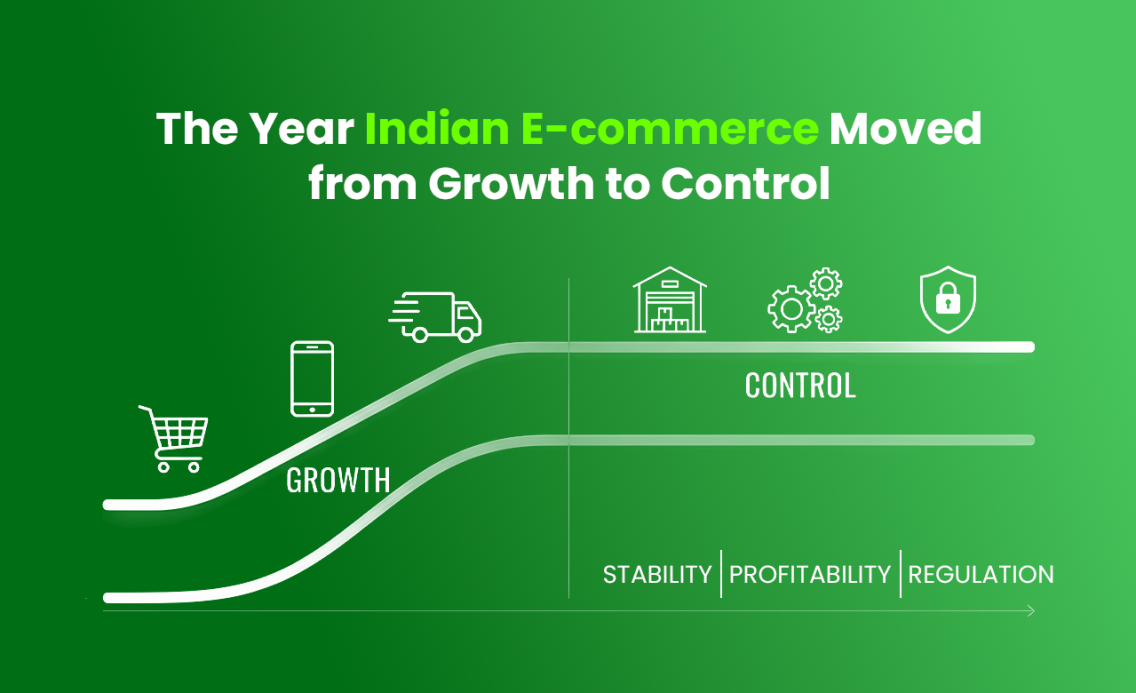I just earned a MamaEarth voucher on a recent Google Pay transaction. If you’re like me, you would definitely have seen similar such offers from D2C brands repeatedly either on social media platforms or when transacting with them on eCommerce marketplaces, payment facilitators and websites.
True, people have shopped online before the 2020 pandemic hit us worldwide. But the numbers have risen since then owing to the realization of the benefits digitality poses. D2C brands in India have taken cognizance of this to penetrate the market. And such companies are going the lean route for product innovation in order to scale according to demand. A recent study revealed that the growth volume for brand sale websites is over 88% volume growth, while reaching 32% at other marketplaces.
This brings us to the concept of sustainability practices. Sustainable D2C brands are those that consciously safeguard the interests of the society and take compensatory measures to minimize the impact on the environment.
In this post, we’ll go into what makes sustainable D2C brands in India crucial.
The Growth of D2C Brands in India
Statista predicts that the fashion and beauty D2C market in India will be worth 43. 2 billion USD. Consumer electronics and FMCG come second and third, at 30.6 and 20.8 billion USD respectively. These numbers are reflected in the type of D2C brands in India that are rapidly capturing the market. Out of the 1000+ applications sent in to INC42 last year, 44% came in from fashion, beauty and personal care brands. This was closely followed by the F&B industry.
95% of Indian founders credit the pandemic to being a growth catalyst due to the heavy reliance on apps such as Dunzo, Swiggy and Big Basket. This is more so for consumers living in metros where the population is more socially-savvy and tech-proficient.
While age does play a role in the demand for D2C brands, those that consciously follow sustainable and ethical practices appeal more to millennials and Gen Z. In fact, the vast majority of Gen Z shoppers prefer sustainable retail, and base their purchasing decisions on personal and environmental beliefs. This is evidenced in a First Insight survey on 1,000+ U.K residents, where over 81% of the respondents mentioned a preference for environmentally-friendly packaging for their shipments. In urban India, 65% of millennial buyers opt for eco-friendly, sustainable or recyclable packaging. The purchase sentiments prove that millennials and Gen Z shoppers care about the brands they interact with, the product they buy and how their decisions impact the future.
India is moving towards a contactless economy that entails digital payments and conscious experiences. The 5 key trends impacting purchase sentiments compiled by Dentsu are as follows;
- Local brands are more in demand than international brands.
- Brand recognition is second to product quality.
- In continuation to the second trend, 65-70% of millennials and Gen Z shoppers are open to sampling new and unheard-of brands so long as there’s product value.
- Internet searches are crucial for brand discovery as shoppers explore alternatives to current products on search engines.
- Online shopping has jumped from 12-16% to 30-32 % since the lockdown.
Sustainable Indian-based D2C brands like Sleepyhead have responded to the shift in purchase sentiments by studying the pain points to tackle head on. Some measures they’ve taken to keep their target audience (i.e. millennials) interested is to
- Launch doorstep deliveries for mattresses through their ‘ ‘Bed-In-A-Box mattress range' ,
- Let consumers trial out bedding for 100 nights before making a long-term commitment.
Mathew Joseph, Sleepyhead’s CEO attributes the company’s success to being able to map their product to the tastes of the top influencers in the home segment, i.e. millennials and Gen Z.
The fact that Sleepyhead is active on Instagram goes to show that D2C companies would benefit from leveraging technology platforms as a distribution channel over employing traditional distribution methods. After all, that’s where the consumer is. Mamaearth is another case in point which managed to enter the unicorn club in 2022 despite competing against giants like Procter & Gamble.
With the pandemic putting many D2C newcomers on the map, the next thing that’s on every brand’s mind is to adopt green initiatives to compensate for any environmental damage during the production and innovation stages. Brands like mCaffeine and the Conscious Chemist, for example, recycle their plastic every month. Aachho upcycles extra fabric and reuses them to create complementary products such as bags.
It’s hard to track every D2C brand’s sustainability practices, but that shouldn’t stop upcoming D2C startups from making it a lifelong belief. D2C sustainable brands can
- Achieve plastic neutrality
Companies that use biodegradable packaging can put their consumer’s mind at ease since discarding them won’t cause harm to the environment. Greener alternatives such as bamboo bottles over plastic is an example that underlines how the damage can be reversed.
- Tax exemptions
With the central and state governments recognizing the need for preservation and ecological restoration, bodies have introduced several subsidies to encourage eco-friendly manufacturers to avail tax exemptions and benefits.
- Branding
The reason for sustainable brands picking up over traditional D2C brands is that buyers are aware that what is available today risks going obsolete down the line. This is why they are inspired to adopt greener measures with the view to enjoy luxury without denting their surroundings. And let’s face it, we’re all more likely to remember which brands care about the planet over the ones whose vision and production processes aren’t all that transparent. The switch to sustainability can improve brand recall and customer loyalty.
The Road Ahead
India’s internet penetration stands at 47% as of January 2022, and there has been a 5.4% rise in users between 2021 to 2022. These numbers indicate the influence of recent events (i..e the pandemic) on buying behavior, outlook and decisions. Online D2C brands can cash in on this opportunity with sustainability and customer-centricity.
According to a Capgemini report from 2020,
79% of consumers are changing their purchase preferences based on social responsibility and environmental impact.
Companies like the Delhi-based Disposal Company are doing their bit to help other D2C brands meet such consumers in the middle. Headed by Bhagyashree Bhansali Jain, a woman entrepreneur with 7+years of experience in the waste management industry, the company offsets plastic and has helped to recycle 750 tonnes per year.
Considering that the consumer behavior we’re seeing today is here to stay, it’s time for D2C brands to reshape their product offerings and wear their sustainability badge proudly!

.png)











